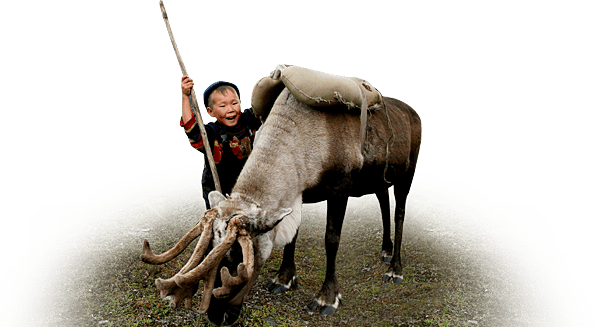Sorry, but the page you are looking for might have been removed, had its name changed, or is temporarily unavailable.
We apologize for the inconvenience.
We recommend to try one of the following:
- If you typed the page address in the Address bar, make sure that it is spelled correctly.
- Maybe the page just got moved to a different location on the website.
- Use our sitemap to find the content you are looking for.
- Click the Back button in your browser to try another link.
- In the case of a broken link, please report it to the ICR.



